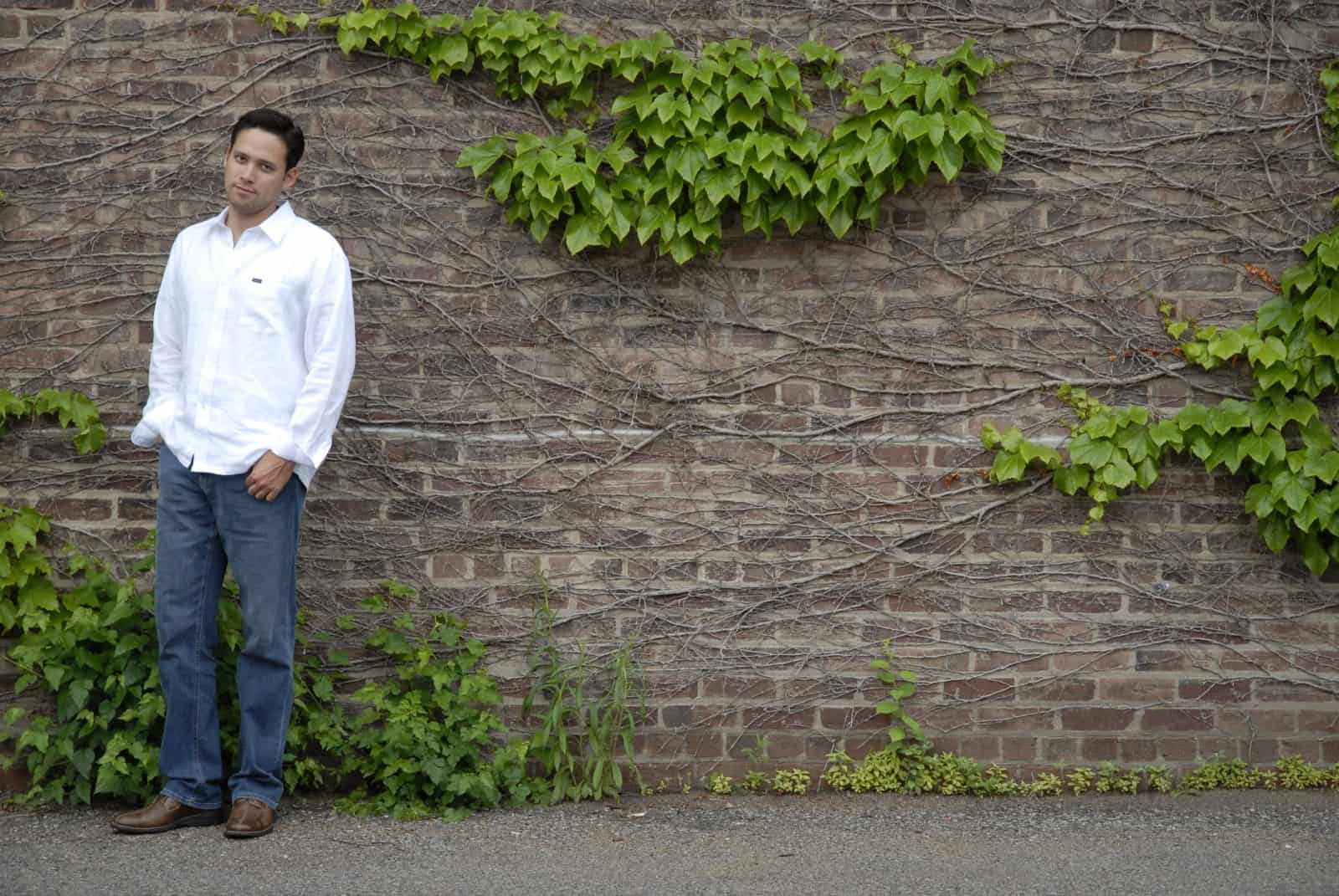This week we had the opportunity to talk with Shun Lee, actor, writer, and President & Creative Director of The Greenhouse. This is part one of two parts.
Q: What do you do in the entertainment industry?
A: I do a number of things. I am the President and Creative Director of The Greenhouse, and I’m also an actor and writer. I teach entertainment law on a university level, and I have a production company, Genuine Productions, which focuses on film, new media, and publishing. In this town, everyone is wearing multiple hats, and if they aren’t, they are either very successful or they just haven’t really figured out what the industry is like yet. Even the successful people are wearing multiple hats now. I mean, you look at someone like Mel Gibson, whose star has faded a little bit buThe’s still an incredibly talented guy. He’s an actor, a director, writer, and producer.
Q: Why Hollywood?
A: I started out as a lawyer in the Midwest. I practiced law there for five years. I grew up in a very creative family, but I found as I was going about my law career, I was really missing the creative side of who I was. Even though I was doing a lot of music at my church and acting in town, both on stage and in commercials, that was not my full-time gig. There wasn’t a whole lot of room for creativity as a lawyer. As I continued my law career, I realized there was this whole other side to me — I think there’s this side to everybody on one level or another — a side that wasn’t being tapped into, and it was making me dry up as a human. I needed to tap back into that to make sure I was cultivating the creative side of who I am.
I was mentoring a lot of artists at that point — a lot of musicians and some actors as well — and I just really began tOhave what you call a hunger to not only be an artist myself again but also tOhelp other artists become everything they were created to be. I really came to an understanding that we were created by God to be creative. When He created us in His image, the creative side of whOhe is was put into our DNA, and as a result, we need to be practicing creativity and alsOhelping other people practice creativity. We need to let it become a very collaborative thing, not only between me and you, or me and another artist, but between me and God. There’s this sense of inspiration that we can get from creating together.
So, why Hollywood? As I began to really explore the depths of who I was as a creative person, I also began to search for where creativity is really happening in the world today and where the need is for that sort of mentoring, to unleash or unlock the potential in people.
Through a lot of prayer and talking with my own mentors, I came to believe that there was something really important happening creatively here in Los Angeles, and as a result — like I said, through a lot of prayer, this is not a decision I made haphazardly — I really felt the desire and the — you could call it a need — to come ouThere to be a professional creative artist myself. Not only that, but also to collaborate with other creative professionals in L.A. So we could see what it means to find our own voice and create things of beauty, truth, and redemption that are largely missing in the arts today, but that we as humanity are sOhungry for. There’s a disconnect between the hunger we feel and what is being created. It’s not that there are not creative arts happening that are beautiful, truthful, and redemptive — it just seems like we have this constant hunger for it, and therefore, we need to be creating even more of it. The question for me became “How do we as creative professionals band together in our various disciplines to discover what it means to be a creative artist on every level?”
Go to Part 2 of this interview.

